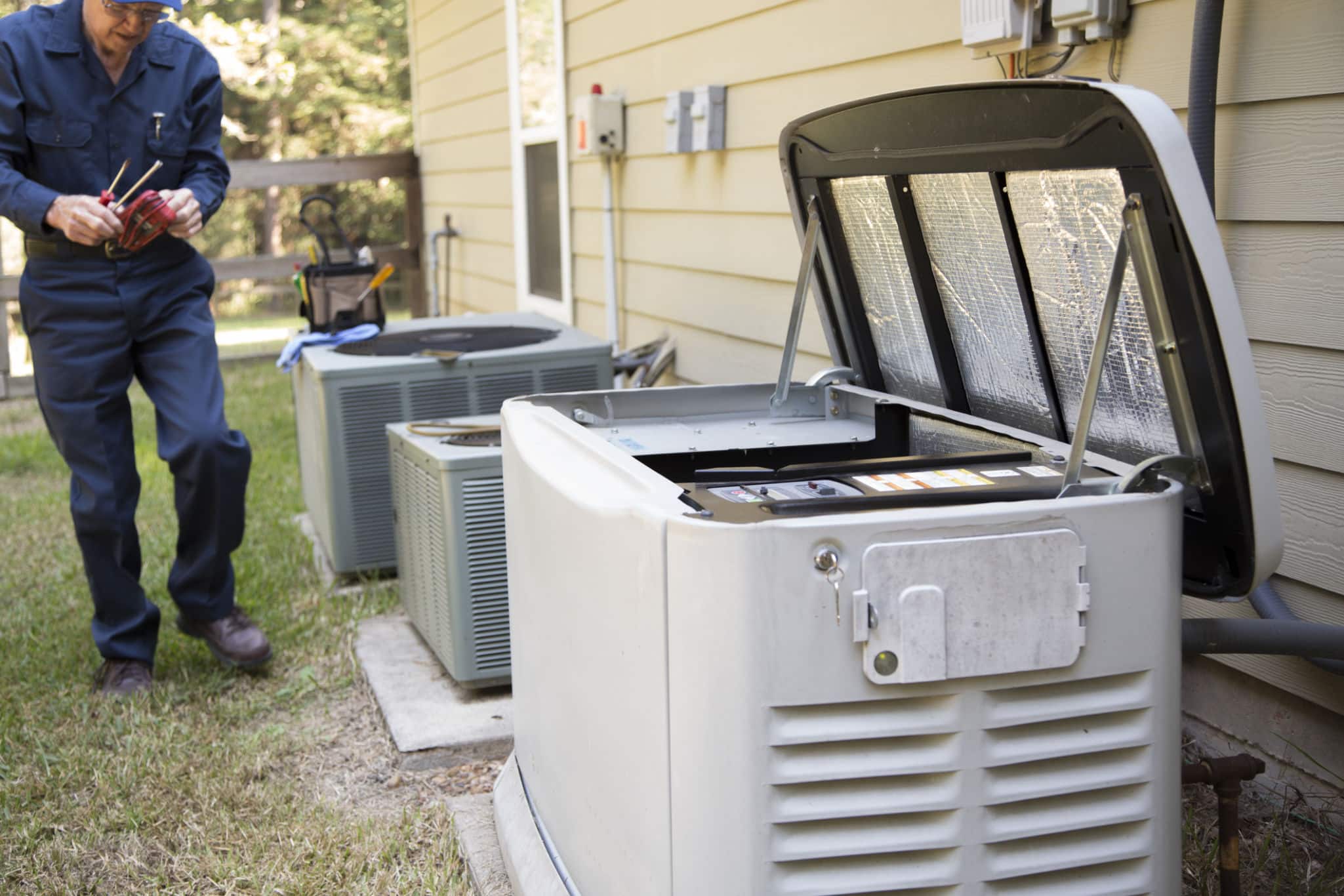
How Many Watts to Run a House – Answered
How many kWh does a house use? It’s one of the most common questions about electricity, and while there is an answer, it’s a very complex question to answer. Keep reading to learn why.
RELATED READ: Top Ten Most Electricity-Drawing Appliances and How to Save
How Many kWh Does a House Use? The Averages
Today electric use isn’t a guessing game. There are lots of different ways to track use for the whole household or a single device, and government entities gather information about residential and commercial energy consumption across the country.
What does the data tell us about home electricity use? The Energy Information Administration (EIA) is charged with crunching all the numbers and providing insight into how electricity and other energy sources are used throughout the U.S.
According to the EIA’s latest data on residential energy use, the average U.S. residence uses 10,715 kilowatt hours (kWh) a year. That averages out to be 893 kWh per month.
Of course, that is just an average. It in no way represents how many kw to run a house in your area necessarily. There are far too many contributing factors for the average to be the norm for most homes.
How Many kWh Does a House Use? The Contributing Factors
A lot goes into calculating a home’s energy consumption. Below are the five biggest contributing factors for how many kWhs a house uses in a year.
Home’s Age and Condition
One of the biggest contributing factors for how many watts it takes to run a house is the home’s age and condition. In other words, how energy efficient is the home? That one factor can offset all of the other ones below. That’s why winter and summer weatherization and doing a home energy audit is a good idea if you want to reduce kWh use.
Location
Location matters in terms of the rates you pay as well as how much electricity you use. In areas where the weather is more moderate for the majority of the year electricity use is going to be lower, primarily because the HVAC system is used less. In some areas like Southern California it’s not uncommon for homes to have no HVAC system at all.
Here again the EIA’s data paints a clear picture. They found homes in Louisiana required the most electricity at 14,407 kWh annually per residence. Hawaiian households used the least amount of electricity at just 6,446 kWh annually per residence.
For the best gauge of how many kilowatts your home is likely to use, local data is going to be the best resource. You can find averages at the state level, and some metro areas collect residential energy use data as well.
Size of the House
A larger home is going to require more electricity. The average kWh usage for a 2000 sq ft home isn’t going to come close to the kWh usage of a 1000 sq ft home. There’s more space to illuminate, and it requires more energy to heat and cool the home. But there are things you can do to minimize the impact of a larger home size so square footage isn’t such a big factor.
Household Size
This factor is pretty straight forward. The more people there are in a home, the greater the energy consumption is going to be. Of course, that doesn’t mean energy use is the same for households of the same size. It’s completely possible for one family of four to use roughly the same amount of kWhs as a smaller family or vice versa because of the next contributing factor.
Lifestyle and Behaviors
Here’s a really big wild card. Everyone lives a unique lifestyle, and that impacts energy use. At the end of the day it’s people in the home that are turning on appliances, flipping switches and using the HVAC system. How you use energy is going to have a direct impact on how many watts are used to power a home.
The True Answer for the Question, How Many Watts Does a House Use?
How many kilowatts does a house use? The answer is – it depends on the household. Every house is different in its kWh consumption. That’s largely due to the structure itself and the people that live inside it. The good news is that means you have a lot of control over how many watts your home uses. There are many energy efficiency improvements that can be made, some of which are very low cost. You can also adjust the way you use devices, appliances, lights and the HVAC system to lower consumption.
So, if you use more kilowatt-hours than average don’t stress. Instead start finding ways to improve efficiency and reduce consumption to lower the watts needed to run your house. With a Spark Energy fixed-rate energy plan there’s one less variable to worry about. You’ll be able to lock in a price per kilowatt-hour so that your electricity costs are more predictable and energy savings are more notable.
Check to see which electricity and natural gas plans are available in your area.



